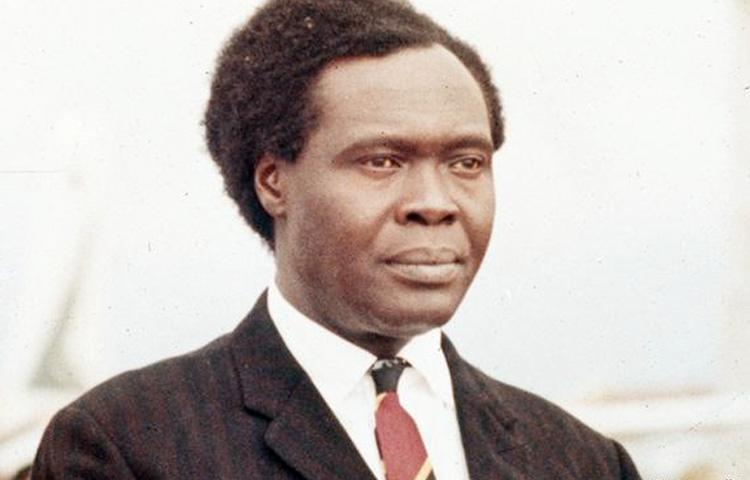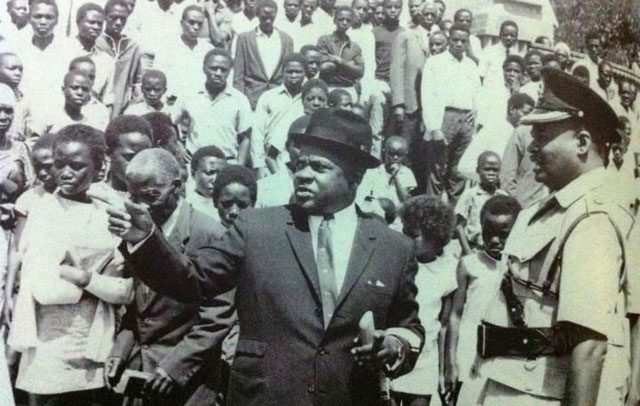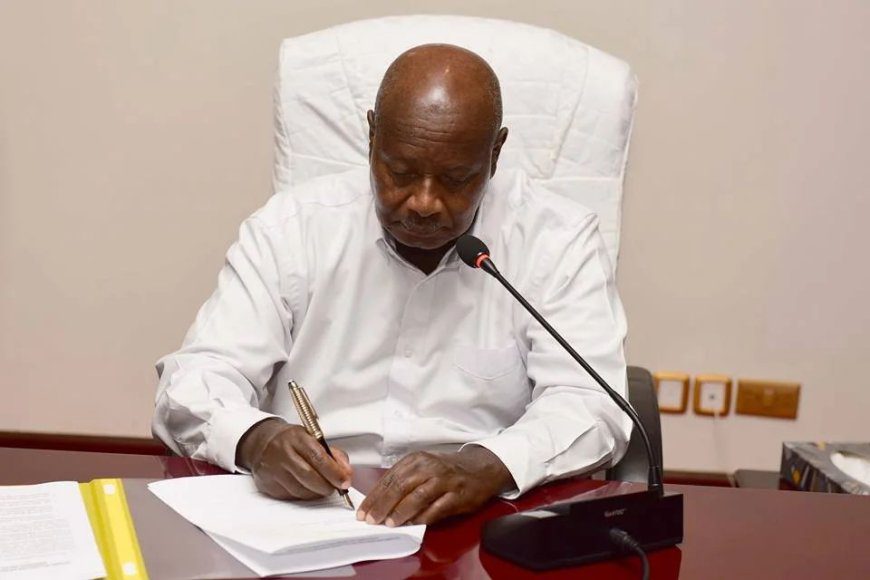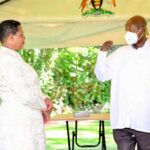In January 1971, a dramatic shift occurred in Uganda’s political landscape when Idi Amin led a military coup, overthrowing President Milton Obote.
Just days after seizing power, Amin’s new military government made a significant move by releasing several political prisoners who had been detained under Obote’s regime.
Among those freed was Benedicto Kiwanuka, Uganda’s former Prime Minister and a prominent leader of the Democratic Party (DP).

The release of political prisoners was seen as a strategic gesture by Idi Amin to gain the trust and support of the Ugandan people.
At that time, many citizens were disillusioned with Obote’s government, especially after the 1966 constitutional crisis that led to the abolition of traditional kingdoms and the imprisonment of opposition figures.
By freeing Kiwanuka and others, Amin aimed to position himself as a liberator and distance his regime from the repressive actions of his predecessor.

Benedicto Kiwanuka, who had been Uganda’s first Prime Minister and leader of the Democratic Party, was among the most notable figures released.
Kiwanuka had been arrested and imprisoned by Obote in 1969, accused of opposing the centralization of power.
His release by Amin was widely welcomed by many Ugandans who saw it as a positive step towards political reconciliation and justice.
However, the optimism surrounding Amin’s early actions quickly faded.

Despite the initial goodwill, Idi Amin’s rule soon descended into a brutal dictatorship marked by widespread human rights abuses.
Tragically, Benedicto Kiwanuka, who had been given a second chance at freedom, was abducted and murdered in 1972, reportedly by forces loyal to Amin.
His death became one of the many atrocities committed during Amin’s regime, which left a lasting scar on Uganda’s history.
While it initially offered hope for a more just and fair Uganda, the subsequent actions of Amin’s regime led to one of the darkest periods in the country’s history.
The story of Kiwanuka’s release and tragic end serves as a poignant reminder of the complexities and dangers of political power.
We ask Museveni to handle the political prisoners who were detained during the 2021 election campaign in the same way that Idd Amin did.

The fact that the arrests were made without cause was among the most concerning features of the 2021 elections.
Members of the opposition, journalists, and activists were frequently arrested on baseless charges of disrupting public order . but many of these arrests were actually considered a way to intimidate and silence opponents who were questioning the power of the ruling party.



